Member Directory,
1847 - 1922
Henry W. Hodge
Civil Engineer
Centurion, 1904–1919
Alfred P. Boller and George Alexander
Washington, District of Columbia
New York (Manhattan), New York
Age thirty-eight
Philadelphia, Pennsylvania

Century Memorial
The hand of death touched lightly, during the Great War, on the Century’s representation at the front. It has touched even more lightly on those whom we can now call its veterans. Only one of our disbanded soldiers of the Expeditionary Force is missing from the roll-call. Henry Wilson Hodge was one of the two Centurions under whose direction were constructed, with incredible rapidity and completeness, the military railways from the debarkation ports of the American Expeditionary Force in France to the training bases of Pershing’s army, and thence to the battle line. Into this task Colonel Hodge unsparingly threw his energy and experience; which, indeed, had already answered to the most exacting tests. In his own profession he had achieved as a bridge-builder a reputation with perhaps no equal in this country. To his constructive genius belong the Municipal Bridge over the Mississippi at St. Louis, the cantilevers of the Wabash Railway at Pittsburg[h], and the stone arch across the Connecticut at Hartford. He was engineer for the City of New York in construction of the Manhattan Suspension Bridge over the East River, of the Blackwell’s Island Bridge and of the Ninety-sixth Street Viaduct of the Riverside Drive. To him also, in whole or in part, fell the engineering problems of the Metropolitan and Singer towers.
Colonel Hodge’s personality was what his professional achievements would have led one to expect. Physically and mentally, he was a stalwart figure; undaunted by obstacles or reverses, ready to put his whole heart into whatever task was imposed upon him, large or small. The absorbing duties of his profession did not prevent the giving of time, strength and means to other service; not in the army only, but as director of the Knickerbocker Hospital and the Princeton Theological Seminary, and as trustee of New York University and Rensselaer Polytechnic Institute. What will stand out longest in the recollection of his friends is the spirit of optimism which radiated from his being, and the Homeric laughter with which he greeted what pleased his humorous fancy.
Alexander Dana Noyes
1920 Century Association Yearbook
Related Members
Member Directory Home-
 George AlexanderClergymanCenturion, 1894–1930
George AlexanderClergymanCenturion, 1894–1930 -
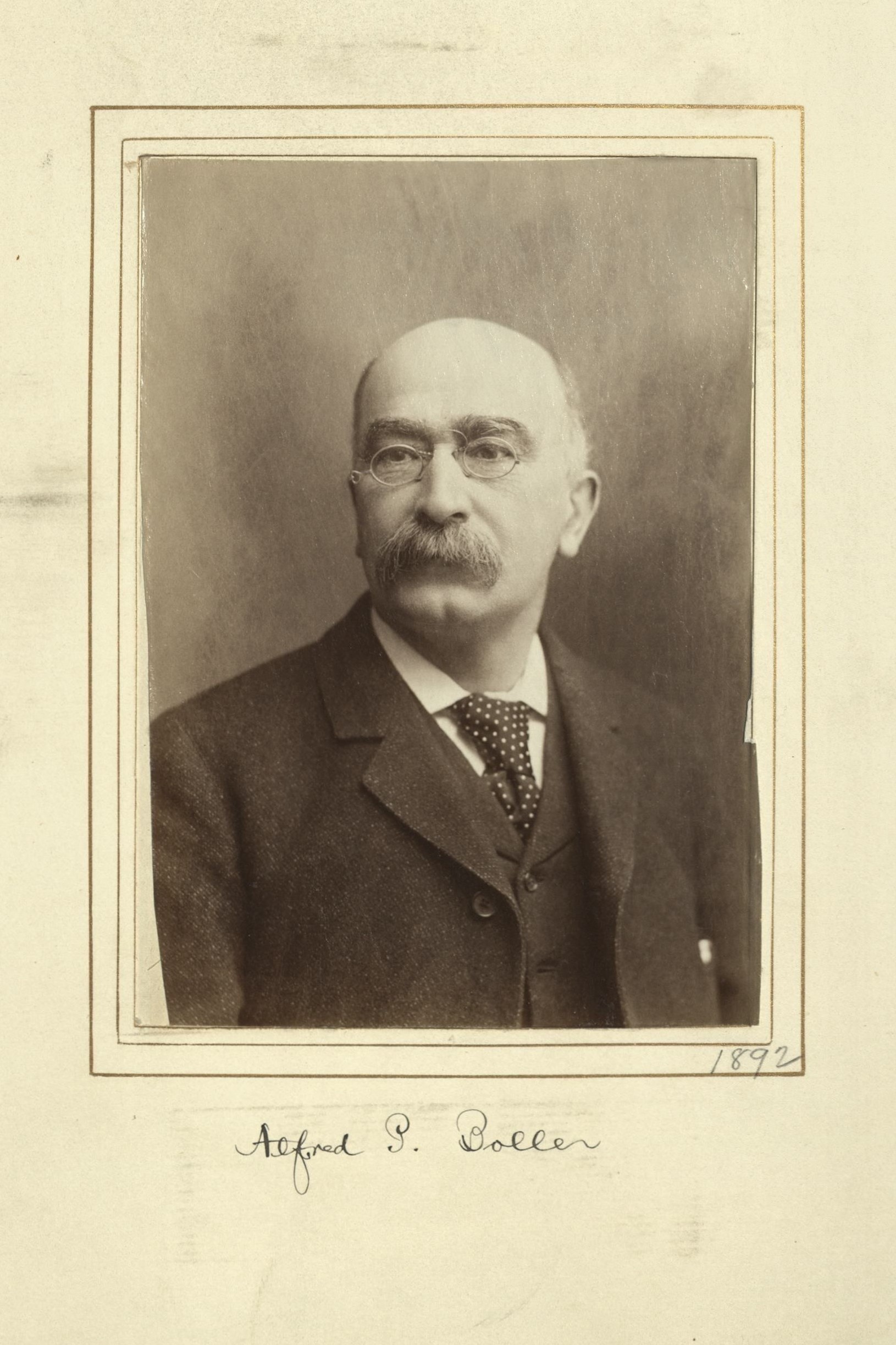 Alfred P. BollerCivil EngineerCenturion, 1892–1912
Alfred P. BollerCivil EngineerCenturion, 1892–1912 -
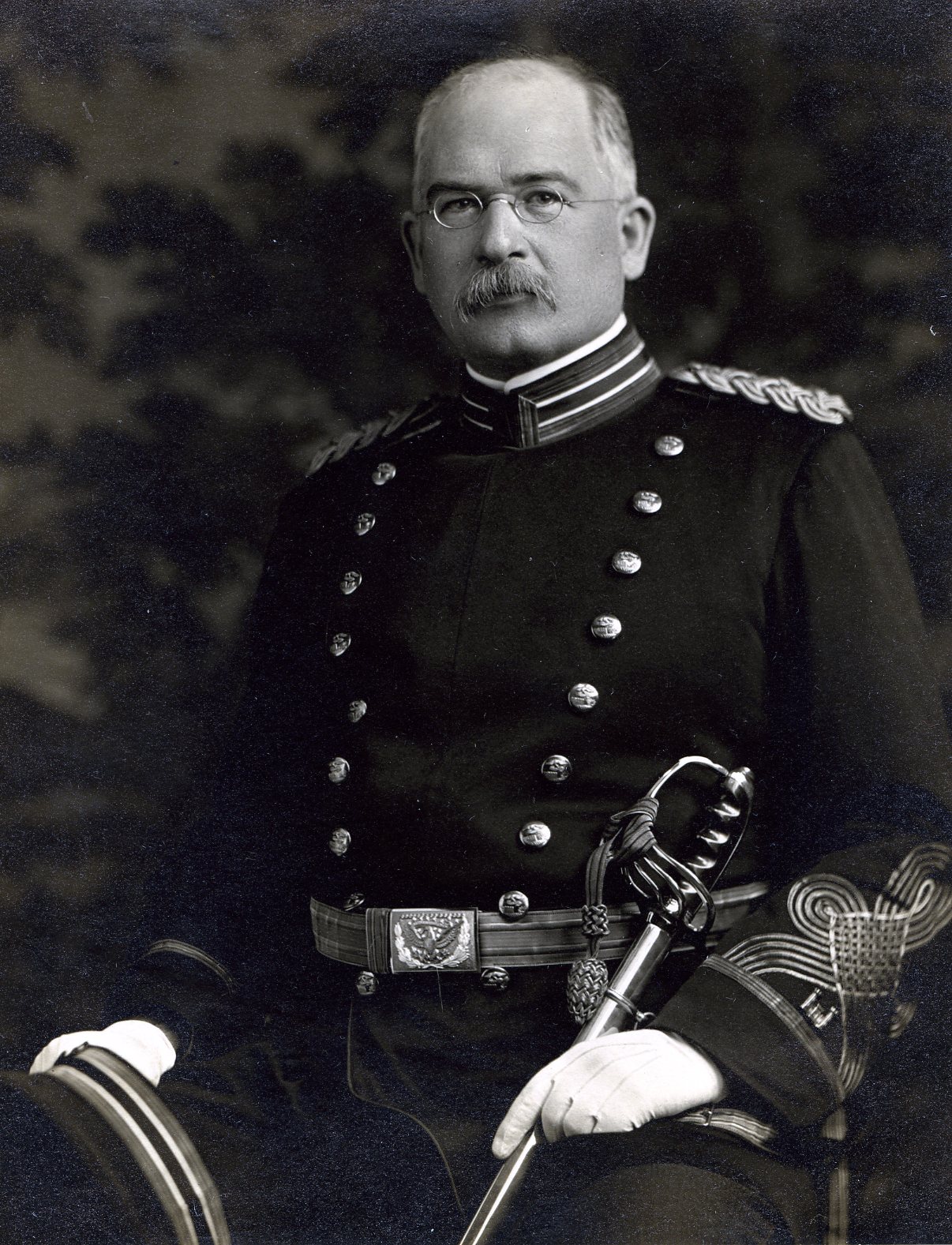 Thomas Lincoln CaseyColonel, U.S. Army/EntomologistCenturion, 1921–1925
Thomas Lincoln CaseyColonel, U.S. Army/EntomologistCenturion, 1921–1925 -
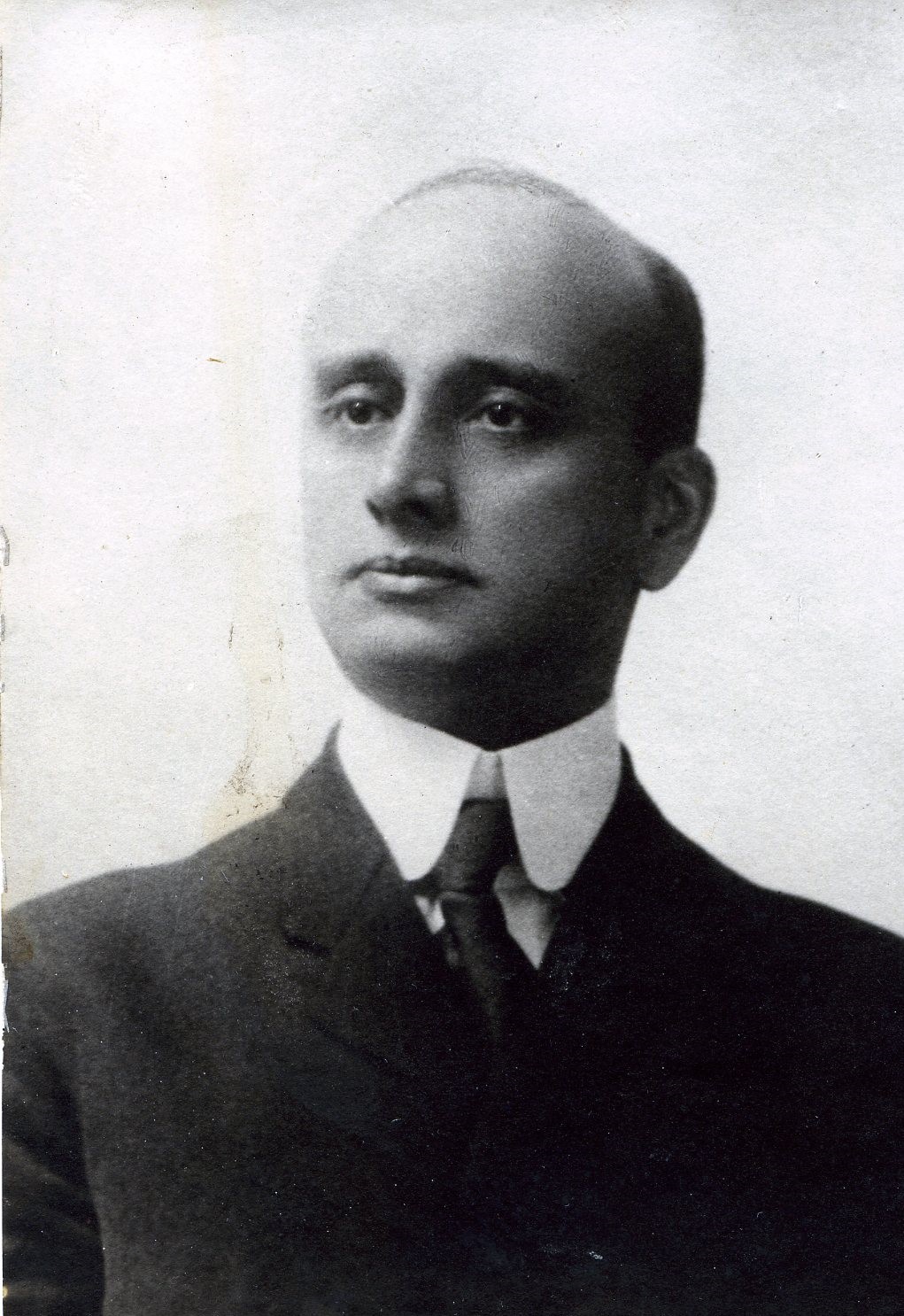 Edwin S. JarrettCivil EngineerCenturion, 1912–1938
Edwin S. JarrettCivil EngineerCenturion, 1912–1938 -
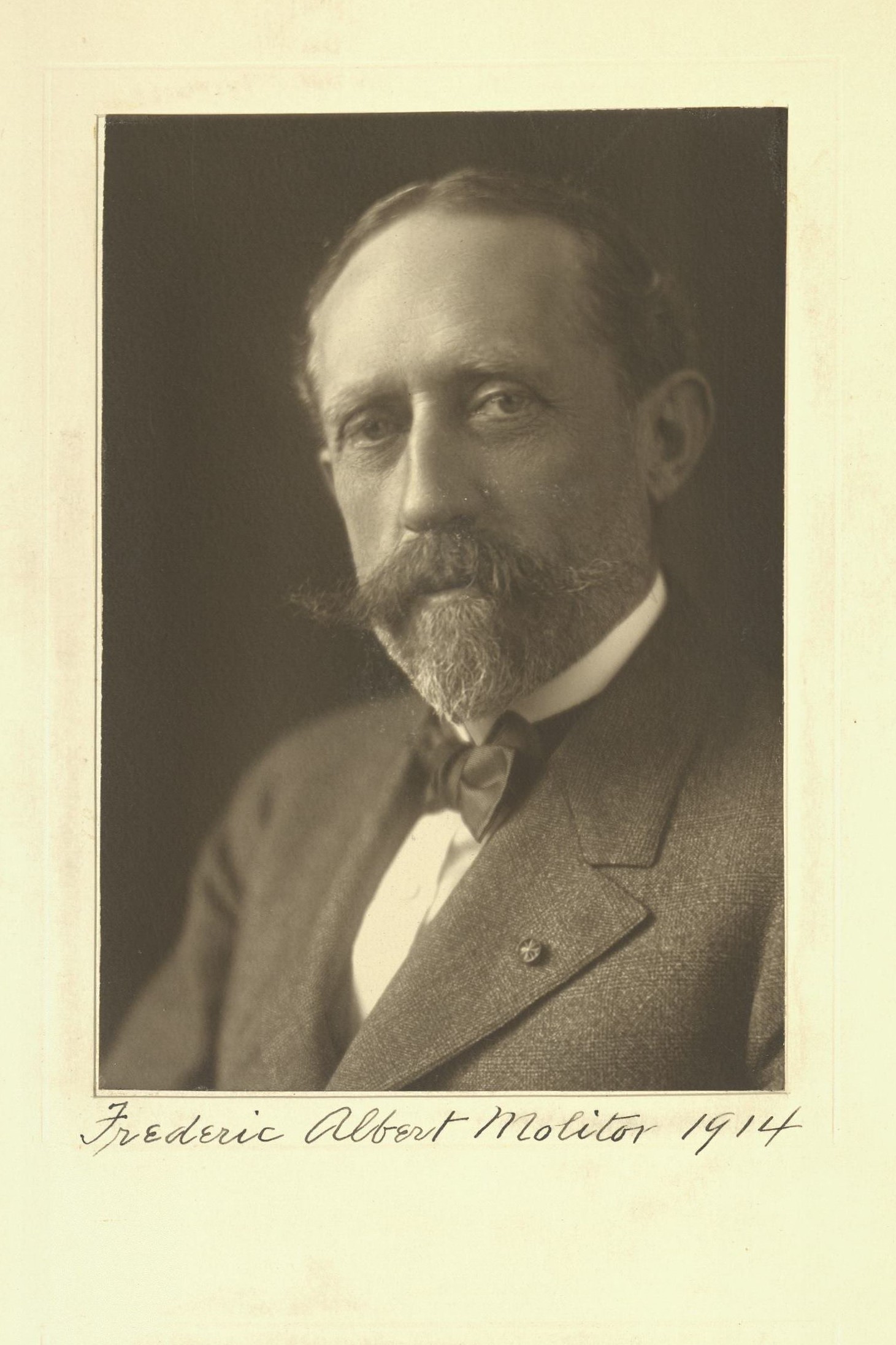 Frederic A. MolitorCivil EngineerCenturion, 1914–1938
Frederic A. MolitorCivil EngineerCenturion, 1914–1938 -
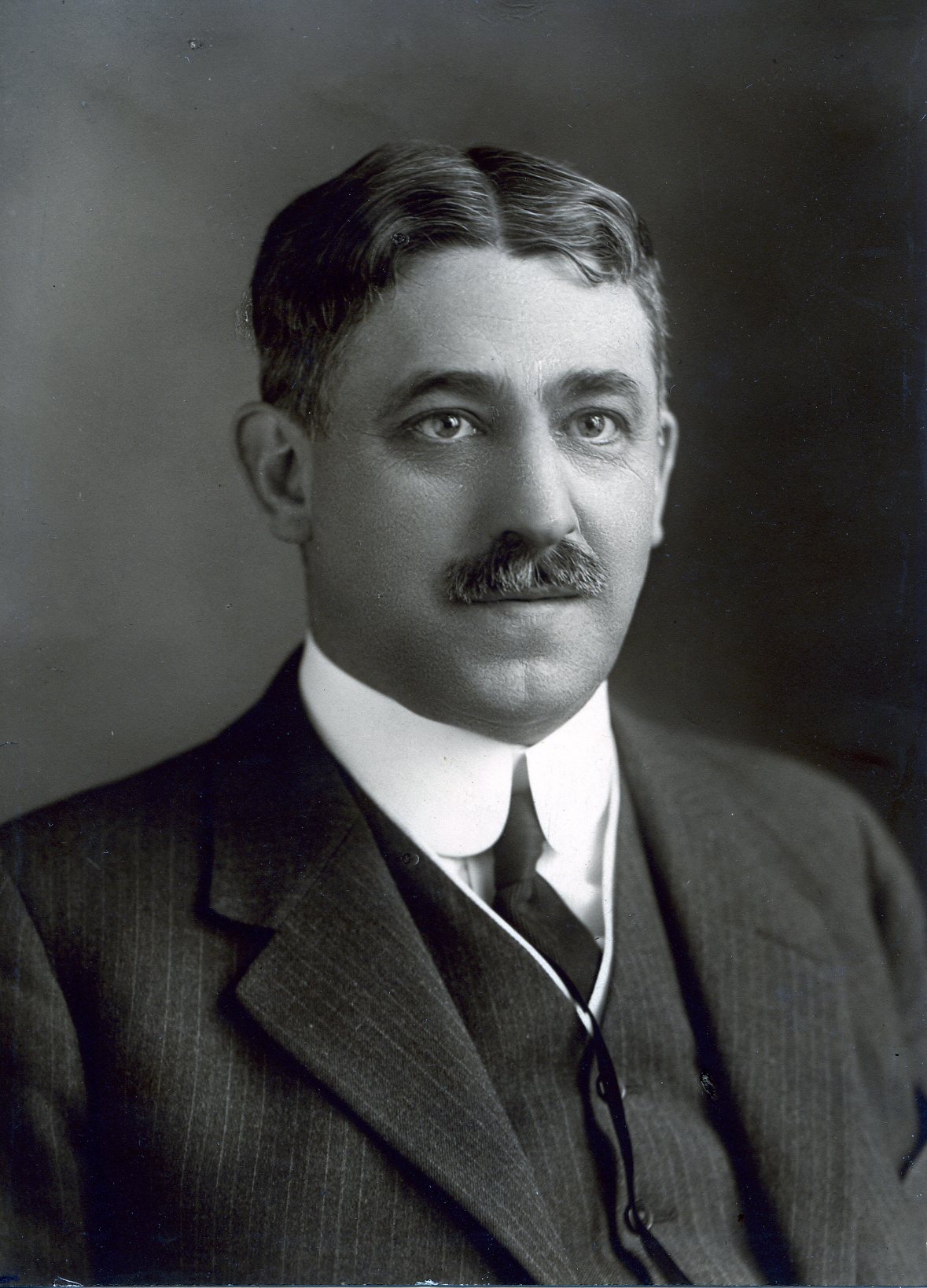 Daniel L. TurnerChief Engineer, Public Service CorporationCenturion, 1920–1942
Daniel L. TurnerChief Engineer, Public Service CorporationCenturion, 1920–1942





